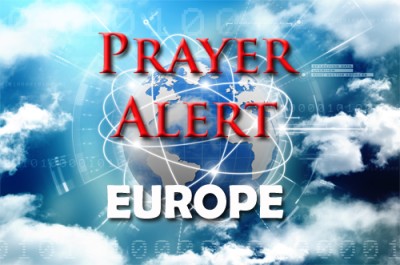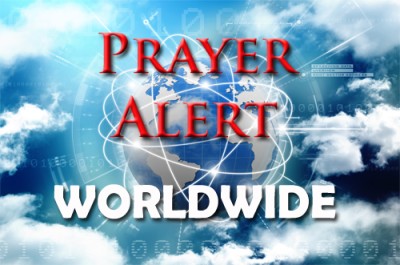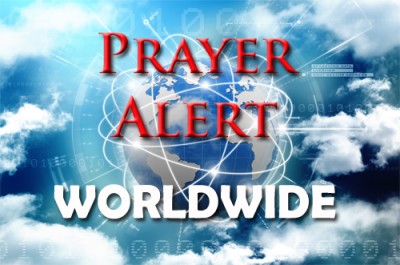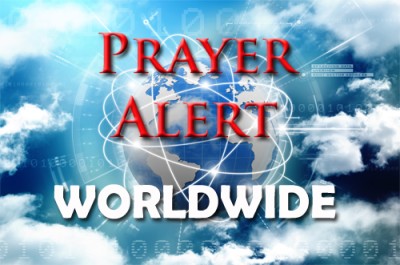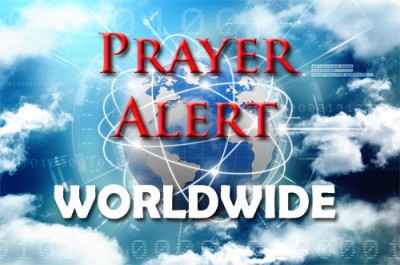UK / Ireland Brexit deadlock
09 Sep 2022Tony Blair and Bertie Ahern have been working behind the scenes to get the UK and EU back to the negotiating table over Brexit and the Stormont government collapse. Hard Brexiter Steve Baker has been transferred to the Northern Ireland office, replacing Conor Burns, who went to the Department for International Trade. UK-EU protocol talks were paused when Russia invaded Ukraine. The already strained relations deteriorated further in June when Liz Truss introduced a bill enabling the UK to remove some Northern Ireland Brexit protocol. Hopes of a thaw in UK-EU relations have been fuelled by the absence of Lord Frost from Truss’s new cabinet. Burns met Europe’s Marcus Šefčovič at the weekend and had ‘constructive and prolonged talks’. He told MPs, ‘I am convinced that if the appetite exists, we can find a way to a negotiated solution to the Northern Ireland protocol.’
Russia: gas pipeline to EU still closed
09 Sep 2022Russia's gas pipeline to Europe did not reopen, as promised, on 3 September. Gazprom said it could close indefinitely. This is no coincidence. Russia's state-controlled gas giant announced the indefinite halt to gas flows through Europe’s key energy artery hours after leading western finance ministers escalated sanctions on Russian oil. Gazprom's official reason is that an oil leak has been found and the pipeline cannot work without German imports of technology, which are now subject to sanctions. Many believe this is an attempt to blackmail Europe over supplies. This is a very serious development. Even during the height of the Cold War, Russia kept supplies of its gas flowing into Europe. However, this cut-off - and the pointed attempt by Gazprom to blame the German energy giant Siemens for the malfunction - is the culmination of decades of dysfunction in the energy relationship between the two countries.
Ukraine: joy and trauma for schoolchildren
09 Sep 2022379 children have been killed since the war in Ukraine began; 223 are missing; 7,013 children have been forcibly transferred to Russia. Six months of war have damaged 2,400 schools and destroyed 269. Most teenagers are anxious about returning to school. For Mariia Makohin, walking through the college gates was an act of bravery. ‘I was a little bit nervous because I don’t know what Russian terrorists will do nowadays. Every day we have sirens, and I don’t know if they will attack us when we are at school.’ The return to school routine introduced a new ritual: a practice run to the school’s bomb shelter in the basement. In schools across Ukraine, debris has been cleared, blood scrubbed off floors, and repairs made where possible as a generation of shell-shocked children return to their studies. Only half of Ukraine’s schools have reopened, due to extreme risks of bombings.
Bosnia: pray for spiritual seekers
09 Sep 2022Livno is a small town in western Bosnia, an hour-and-a-half from the coastal city of Split, Croatia. Pray for spiritual seekers in Livno. Recently, a worker connected with two potential believers through a social media ministry and started reading the Bible with them. They were excited and wanted to read more until their Catholic priest told them to throw out the ‘Protestant’ Bibles, which they did. Pray that the priest will encourage these seekers to read God's Word from a ‘Catholic’ Bible, and that God will continue to draw them to Himself and to reveal Himself, no matter what version they read. Pray that the worker who was reading with them will be encouraged to continue to walk this journey alongside them. Pray that, ultimately, they will know Jesus and be joined with others in the body of Christ.
Myanmar: junta burning thousands of homes
09 Sep 2022The military junta continues to bomb civilians, and over 28,000 homes have been burnt down since the February 2021 coup. As order breaks down, soaring food prices cause a hunger crisis. Many are fleeing Myanmar if they get a chance. AMG has established a camp with over fifty homes for refugee families and two hostels for lone children. An AMG member met a young Christian woman at the camp who suffered watching her mother abused and scarred by her alcoholic father. Then her mother became a Christian and prayed fervently for her father. Miraculously, he came to Christ and left his drinking and drugs. As the military violence approached, her parents sent her across the border to safety. Myanmar females live in fear of being sexually assaulted by the military. One boy came into the hostel for lone children traumatised, always wanting to fight others. Now, his voice has been heard singing with other children. Pray for God’s protection over refugee camps.
Climate change wakeup call
09 Sep 2022Pakistan’s floods are a ‘wake-up call’ to the threats of climate change. A sense of injustice is keenly felt. Pakistan contributes -1% of global greenhouse gases but its geography makes it exceptionally vulnerable to climate change. Global warming makes air and sea temperatures rise, causing more evaporation. Warmer air holds more moisture, making monsoon rainfall more intense. Pakistan also has more glacial ice than anywhere in the world outside of the polar regions and is referred to as the 'third pole'. As the world warms, glacial ice melts. Glaciers in Pakistan's Gilgit-Baltistan and Khyber Pakhtunkhwa regions are melting rapidly, creating over 3,000 lakes. 33 risk suddenly bursting, which could unleash millions of cubic metres of water and debris, putting seven million people at risk. Glacial lake outbursts are already damaging infrastructure. Climate impact scientist Saeed said Pakistan’s floods are ‘absolutely a wake-up call to governments globally who promised to tackle climate change at successive UN climate conferences’.
A recent UN report stated as many as three out of four women are forced into marriage among certain Nigerian groups. Take for example Lena, a 14-year-old girl. She became a Christian, but as her father was a Muslim leader in the mosque, she knew it was going to cause problems. Sure enough, she survived physical abuse from her father, forced marriage, and violent sexual assault. By the time she finally escaped, she was a single mother who could not read or write. She persevered with an education and vocational training to be self-supporting. After attending a discipleship school, Lena plans on going back to her hometown, this time as a missionary. Pray for Nigerian women suffering persecution and assault. Pray for healed emotions for the traumatised. Ask God to touch the hearts of abusers perpetuating violence, and thank Him for the courage of women like Lena.
China giving weapons to Putin
09 Sep 2022Russia has to buy military hardware from North Korea and Iran as sanctions squeeze its ability to supply weaponry. Iran and North Korea, also targets of sanctions, have deepened ties with Russia since Putin invaded Ukraine. Kim Jong-un accused the West of pursuing a ‘hegemonic policy’ that justified Russia's use of force, and vowed to deepen ‘comradely friendship’ with Moscow. Putin said the two countries would expand their ‘comprehensive and constructive bilateral relations’. Last week the Biden administration said the first shipments of Iranian-made drones had been delivered to Russia, and Russian operators are in Iran receiving training on the Mohajer-6 and Shahed series weapons. Many of the drones have been beset by mechanical and technical problems since delivery. Iran officially denied delivering weapons to either side of the conflict, but the USA said Tehran was planning to supply Moscow with potentially hundreds of drones, some with combat capabilities for its war in Ukraine.



